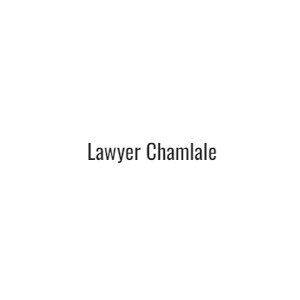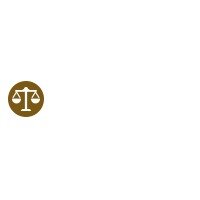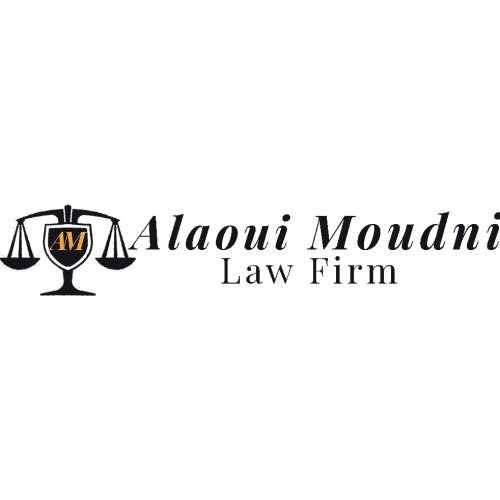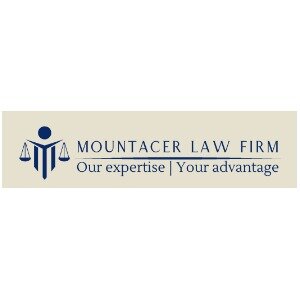Best Structured Finance Lawyers in Morocco
Share your needs with us, get contacted by law firms.
Free. Takes 2 min.
Or refine your search by selecting a city:
List of the best lawyers in Morocco
About Structured Finance Law in Morocco
Structured finance refers to complex financial transactions designed to meet specific needs that cannot be met with standard financial instruments. In Morocco, this area of finance is becoming increasingly important due to the country’s efforts to modernize its financial sector and attract foreign investment. Structured finance often involves the securitization of assets, issuance of asset-backed securities, project finance, and the creation of innovative products for large corporations, financial institutions, and public projects. Moroccan law has developed a comprehensive framework to regulate such transactions and protect the interests of all parties involved.
Why You May Need a Lawyer
Engaging in structured finance transactions can be complex, involving multiple parties, significant sums of money, and intricate legal documentation. Common situations where you may require legal assistance include:
- Structuring and negotiating asset-backed securities transactions
- Participating in project finance arrangements for large-scale infrastructure or energy developments
- Complying with local and international regulatory requirements
- Drafting and reviewing legal documents such as loan agreements, security documents, and trust deeds
- Facilitating cross-border investment and identifying potential legal risks
- Restructuring existing financial arrangements to optimize tax or regulatory outcomes
- Handling disputes that may arise from structured finance deals
A lawyer specializing in structured finance can ensure that your interests are protected and transactions comply with Moroccan law.
Local Laws Overview
Structured finance in Morocco is primarily governed by the following legal framework:
- Moroccan Commercial Code: Governs general commercial transactions, including contracts and securities.
- Law No. 33-06 Relating to Securitization: Regulates the securitization of receivables, laying out processes for the issuance of asset-backed securities and the functioning of securitization vehicles.
- Banking Law (Law No. 103-12): Oversees the roles of banks and financial institutions in structured finance transactions, including regulatory approvals and reporting requirements.
- Capital Markets Authority (AMMC) Regulations: Establishes the supervision and regulation of capital market activities, including the issuance and trading of securities.
- Foreign Exchange Regulations: Control the inflow and outflow of foreign capital and are relevant for cross-border structured finance deals.
- Tax Law: Determines the tax treatment of structured products and the financial vehicles involved.
Compliance with these laws is crucial for the successful structuring and execution of transactions, mitigating legal risks, and ensuring enforceability of contracts.
Frequently Asked Questions
What is structured finance and how does it work in Morocco?
Structured finance involves creating financial products by pooling assets and issuing new securities based on those assets. In Morocco, these transactions are regulated by specific laws that ensure transparency and protect investors.
What types of assets can be securitized in Morocco?
Common assets include receivables from loans, mortgages, credit cards, leasing contracts, and other future cash flows that can be packaged and converted into securities.
Who oversees structured finance transactions in Morocco?
The Moroccan Capital Markets Authority (AMMC) and Bank Al-Maghrib (the central bank) play key roles in regulating and supervising these transactions to ensure market stability and legal compliance.
Is foreign investment allowed in structured finance products in Morocco?
Yes, foreign investors are permitted to participate in structured finance transactions, subject to compliance with foreign exchange regulations and approval from relevant authorities.
What legal entities are used for securitization in Morocco?
Special Purpose Vehicles (SPVs), established under Law No. 33-06, are commonly used to isolate financial risk and manage the securitized assets independently from the originator.
Are there specific licensing requirements for entities involved in structured finance?
Yes, entities such as management companies administering securitization vehicles must be licensed and approved by Moroccan regulatory authorities.
What are the main risks associated with structured finance in Morocco?
Risks include credit risk, legal and regulatory risk, market risk, and operational risk. Proper legal documentation and compliance are essential to mitigate these risks.
How is investor protection ensured in structured finance transactions?
Moroccan law mandates disclosure requirements, ongoing reporting, and regulatory supervision to safeguard investor interests.
What is the tax treatment of structured finance products in Morocco?
Tax considerations depend on the type of structure and underlying assets. There may be tax exemptions or specific rates applicable to certain transactions, subject to current tax legislation.
Can disputes arising from structured finance be resolved through arbitration in Morocco?
Yes, parties can agree to resolve disputes through arbitration, which is recognized and enforced under Moroccan law, offering a flexible and efficient alternative to litigation.
Additional Resources
For further information and guidance, consider consulting the following resources:
- Moroccan Capital Markets Authority (AMMC): Regulates securities and market participants
- Bank Al-Maghrib: Central bank responsible for monetary policy and banking supervision
- Ministry of Economy and Finance: Offers information on economic policies and regulations
- Moroccan Bar Association: Directory of licensed lawyers specializing in finance and business law
- Regional Chambers of Commerce: Provide support and information to businesses operating in Morocco
Next Steps
If you require legal advice or assistance with a structured finance transaction in Morocco, here is how you can proceed:
- Clarify your objectives and gather all relevant documentation related to your transaction or issue.
- Identify and contact a lawyer or law firm in Morocco with expertise in structured finance.
- Schedule an initial consultation to discuss your needs and assess the legal options available to you.
- Work with your lawyer to review and draft necessary documents, perform due diligence, and ensure compliance with Moroccan law.
- If required, engage with relevant regulatory authorities or financial institutions as advised by your legal counsel.
Taking these steps will help you navigate the complexities of structured finance in Morocco while protecting your legal and financial interests.
Lawzana helps you find the best lawyers and law firms in Morocco through a curated and pre-screened list of qualified legal professionals. Our platform offers rankings and detailed profiles of attorneys and law firms, allowing you to compare based on practice areas, including Structured Finance, experience, and client feedback.
Each profile includes a description of the firm's areas of practice, client reviews, team members and partners, year of establishment, spoken languages, office locations, contact information, social media presence, and any published articles or resources. Most firms on our platform speak English and are experienced in both local and international legal matters.
Get a quote from top-rated law firms in Morocco — quickly, securely, and without unnecessary hassle.
Disclaimer:
The information provided on this page is for general informational purposes only and does not constitute legal advice. While we strive to ensure the accuracy and relevance of the content, legal information may change over time, and interpretations of the law can vary. You should always consult with a qualified legal professional for advice specific to your situation.
We disclaim all liability for actions taken or not taken based on the content of this page. If you believe any information is incorrect or outdated, please contact us, and we will review and update it where appropriate.
Browse structured finance law firms by city in Morocco
Refine your search by selecting a city.

















